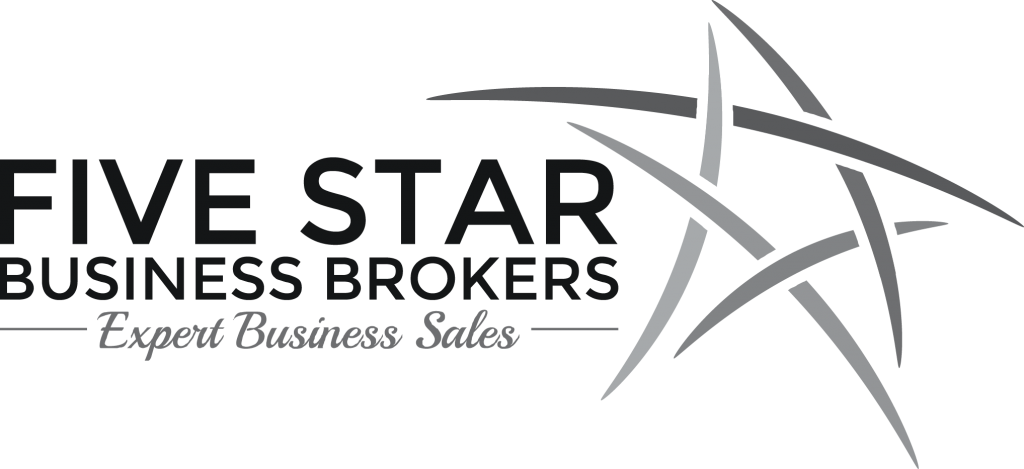Private Equity Transactions
A private equity buyer refers to a group of institutional or accredited investors that have pooled their capital together for the purposes of investing or buying private or public companies. Private equity groups purchase all kinds of businesses, but typically look for well established businesses with substantial profits. For businesses priced over $500K – $1M or more, private equity deals are more and more frequent. Let’s explore the advantages and drawbacks of selling a business to a private equity buyer.
Why Private Equity Purchase Businesses
- Private equity buyers may be what can best be described as flippers or long term operators.
- Flippers want to purchase a business for purposes of selling it within a few years or less.
- Usually the flipper purchases other similar businesses in the same industry and perhaps geographic region.
- Ideally, the flipper will pool together and sell the acquired businesses to another larger institutional investor.
- Or the flipper can sell shares to the public on the stock market for a much higher valuation and price than what the flipper paid.
- Long term operators have no intention to sell the business.
- They can make a nice return on their investment over the long haul.
- Usually, long term operators are more focused on purchasing quality companies with strong competitive advantages.
Private Equity Buyers Typically Have Strong Access to Credit
Having access to capital is an instrumental part of a business transaction. Private equity buyers typically use either use cash on hand from their investors or use other means to raise capital from private lenders (usually not secured by more regular SBA-backed lending). A business broker must qualify every private equity buyer by ensuring the full non-disclosure agreement is signed and by verifying the private equity buyer’s proof of funds or access to funds. Particularly at the Letter of Intent stage, it is critical that the private equity buyer clearly disclose how they will fund the transaction with a clear timeline.
Private Equity Buyers May Pay A Premium
- Private equity buyers frequently are able to raise the profit margins of their targeted acquisition due to economies of sale, cost-cutting initiatives, or efficiency gains.
- Particularly when flippers purchase multiple businesses in a similar industry and geographic region, they will be able to consolidate overhead, save money on input costs, and obtain higher efficiency levels and pricing.
- Because the private equity buyer knows that their profit levels from the acquired business will go up after the sale, the price that they are willing to pay for the business also rises.
Private Equity Buyers Typically Retain Managers
Private equity buyers generally prefer to purchase businesses with trusted and proven managers in place who will stay after the deal closes. Hiring and training new management is a risk and expense that many private equity groups avoid. Even if the private equity group already employs such managerial talent, they normally prefer that the owner (assuming the owner has an active role in the business) stays for a lengthy time after the sale. Often times, this includes structuring a deal that allows the seller to retain an ownership stake in the business.
Private Equity Buyers Should Have Industry Knowledge
Whether or not a private equity group is serious about buying a business should, at least in part, be based on their knowledge of the industry of the industry. Without knowledge of industry norms, a private equity group may be wasting the seller’s time. If they already own or are familiar with other businesses in the same industry, then that is a good sign that they are well prepared and serious about buying the business. The more prepared and knowledgeable the private equity buyer, the far more likely it is that they will actually purchase the business rather than waste the seller’s time.
Drawbacks of Private Equity Buyers for Business Sellers in South Florida
- Private equity buyers typically look at multiple business opportunities at the same time.
- This can cause the private equity buyer to be unprepared, unmotivated, or to have unrealistic expectations on the type of financials documents available to review.
- Delays can thus occur which may cause the seller frustration during the negotiation phase of the deal.
- Compared to other private buyers, private equity buyers also typically require more time to close after the Letter of Intent is signed.
- Remember that private equity buyers have bureaucratic procedures which must be followed before the closing.
- If private lenders are involved, they have their own requirements to meet before the closing can occur.
There are around 5,000 private equity buyers in the United States, and for high-end business transactions they may make excellent buyers. But the seller should use caution and be ever vigilant in order to secure the best possible price for their business.
Give Martin at Five Star Business Brokers of Palm Beach County a call today for a FREE evaluation of your business.
